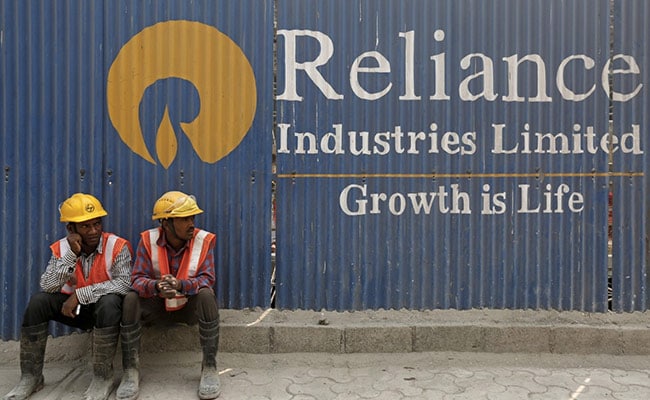For representative purposes.
| Photo Credit: Getty Images
The story so far: The sixteenth Finance Commission headed by former Niti Aayog Vice-Chairman Arvind Panagariya has begun its work by inviting suggestions from the public on the mandate set for it by the Centre. The latest Finance Commission, which consists of five members including the chairman, was constituted in December last year and is expected to submit its recommendations by October, 2025. Its recommendations will be valid for five years starting from April 1, 2026.
Also Read: What is on the agenda for the 16th Finance Commission? | Explained
What is the Finance Commission?
The Finance Commission is a constitutional body that recommends how tax revenues collected by the Central government should be distributed among the Centre and various States in the country. The Centre, however, is not legally bound to implement the suggestions made by the Finance Commission. The Commission is reconstituted typically every five years and usually takes a couple of years to make its recommendations to the Centre.
How does the Commission decide?
The Finance Commission decides what proportion of the Centre’s net tax revenue goes to the States overall (vertical devolution) and how this share for the States is distributed among various States (horizontal devolution). The horizontal devolution of funds between States is usually decided based on a formula created by the Commission that takes into account a State’s population, fertility level, income level, geography, etc. The vertical devolution of funds, however, is not based on any such objective formula. Nevertheless, the last few Finance Commissions have recommended greater vertical devolution of tax revenues to States. The 13th, 14th and 15th Finance Commissions recommended that the Centre share 32%, 42% and 41% of funds, respectively, from the divisible pool with States. It should be noted that the Centre may also aid States through additional grants for certain schemes that are jointly funded by the Centre and the States.
Also Read: Charting the path for the Sixteenth Finance Commission
The 16th Financial Commission is also expected to recommend ways to augment the revenues of local bodies such as panchayats and municipalities. It should be noted that, as of 2015, only about 3% of public spending in India happened at the local body level, as compared to other countries such as China where over half of public spending happened at the level of the local bodies.
Why is there friction between the Centre and States?
The Centre and the States have been at loggerheads over the issue of sharing tax revenues for a while now. The Centre collects major taxes such as the income tax, the corporate tax, and the goods and services tax (GST) while the States primarily rely on taxes collected from the sale of goods such as liquor and fuels that are beyond the ambit of GST. The States, however, are responsible for the delivery of many services to citizens, including education, healthcare and the police. This has led to complaints that the Centre has reduced the power of the States to collect taxes and that it does not give enough funds to the States to match with the scale of their responsibilities.
What are the disagreements?
The States and Centre often disagree on what percentage of the total tax proceeds should go to the States and about the actual delivery of these funds.
States argue that they should receive more funds than what is recommended by the Finance Commission as they have greater responsibilities to fulfil than the Centre. They also point out that the Centre does not even share the amount of funds recommended by the Finance Commissions, which they believe is already too low. For example, according to analysts, the Centre has devolved an average of only 38% of funds from the divisible pool to the States under the current Fifteenth Finance Commission as against the Commission’s actual recommendation of 41%.
Further, States have complaints about what portion of the Centre’s overall tax revenues should be considered as part of the divisible pool out of which the States are funded. It is believed that cesses and surcharges, which do not come under the divisible pool and hence not shared with the States, can constitute as much as 28% of the Centre’s overall tax revenues in some years, causing significant revenue loss for States. So, the increased devolution of funds from the divisible pool, as recommended by successive Finance Commissions, may be offset by rising cess and surcharge collections. In fact, it is estimated that if cesses and surcharges that go to the Centre are also taken into account, the share of States in the Centre’s overall tax revenues may fall to as low as 32% under the 15th Finance Commission.
More developed States such as Karnataka and Tamil Nadu have also complained that they receive less money from the Centre than what they contribute as taxes. Tamil Nadu, for example, received only 29 paise for each rupee that the State contributed to the Centre’s exchequer while Bihar gets more than ₹7 for each rupee it contributes. In other words, it is argued that more developed States with better governance are being penalised by the Centre to help States with poor governance. Some critics also believe that the Finance Commission, whose members are appointed by the Centre, may not be fully independent and immune from political influence.











